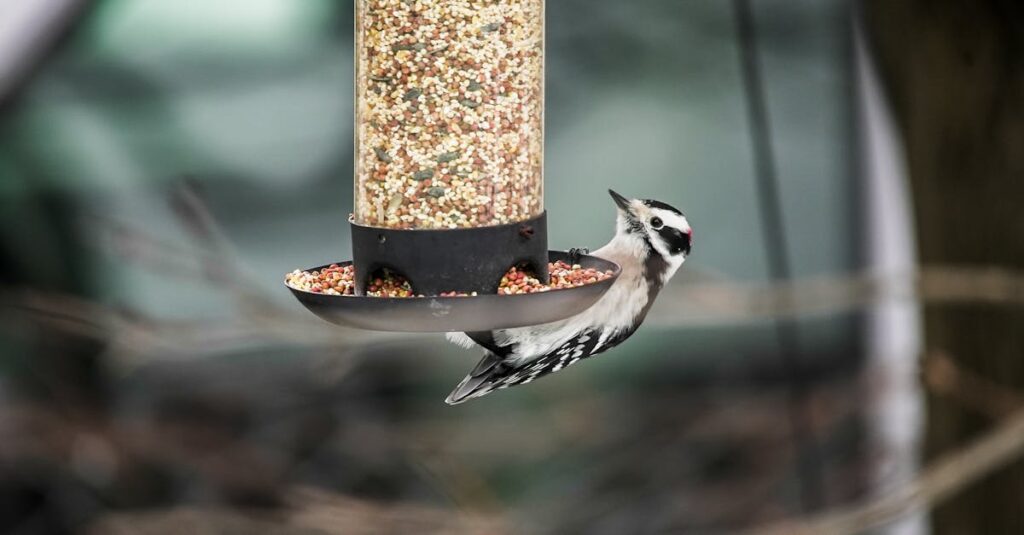Introduction: Big Changes Start Small
Ever wonder how some people seem to effortlessly crush their goals? They don’t always have magical willpower or secret knowledge. More often than not, they’re simply experts at harnessing the power of small habits. It’s easy to overlook the impact of little actions, but over time, they can add up to something huge. In this article, we’re going to look at how small habits can transform your life in ways that might surprise you.
Why Small Habits Work
When it comes to personal growth, the idea of “big changes” can feel overwhelming. We’re all familiar with the New Year’s resolution cycle: we commit to something massive, push hard for a few days or weeks, then fizzle out. But what if instead of trying to make huge changes, we focused on building small, sustainable habits?
Small habits work because they don’t demand too much energy or willpower upfront. Instead of trying to change your entire routine, you start by tweaking one little thing at a time. Over time, these tiny tweaks build momentum, and that momentum is the secret sauce that creates lasting change.
The Compound Effect of Small Habits
The idea behind the “compound effect” is that small, consistent actions add up. Take fitness, for example. Imagine committing to just 5 minutes of exercise each day. It seems like hardly anything, right? But here’s the catch: you’re much more likely to stick to a 5-minute workout than a full-hour session. And after a week or two, those 5-minute sessions might turn into 10 minutes. Before long, you’re doing 30-minute workouts without even thinking about it.
This idea applies to more than just fitness. Let’s say you want to read more books. Instead of forcing yourself to read a chapter a day, start with just one page. One page doesn’t feel like a chore, and it’s easy to pick up the habit. But after a few days, you’ll find yourself reading more than one page, and eventually, you might finish a book in no time.
Real-Life Examples of Small Habits Making a Big Impact
The 1% Rule
One of the most famous examples of the power of small habits comes from the world of sports. British cycling coach Sir Dave Brailsford revolutionized the performance of the UK cycling team by focusing on incremental improvements. His goal was simple: improve each aspect of cycling by just 1%. From the way riders slept to the design of the bikes, he looked for tiny adjustments. The result? A team that dominated global cycling competitions.
The 5-Minute Rule: A Personal Story
I can relate to the idea of small habits making a difference. A few years ago, I struggled to keep a consistent writing routine. Writing an entire blog post felt overwhelming, so I started with a simple rule: write for just 5 minutes a day. It seemed laughable at first. Who couldn’t write for 5 minutes? But here’s the thing, I did it. Day after day. And eventually, I didn’t need to force myself. Writing became part of my routine. Now, I don’t even think twice about sitting down to write. That small habit changed everything.
How to Start Building Small Habits
1. Make It Easy
The key to starting small is simplicity. You want the habit to be so easy that there’s no reason not to do it. If you’re trying to exercise more, don’t start with a gym membership and a full workout plan. Start with something manageable, like doing 10 pushups before you brush your teeth in the morning. This takes almost no time but gets you in the habit of moving your body daily.
2. Tie It to Something You Already Do
Linking new habits to existing ones makes it easier to remember and stay consistent. If you already have a cup of coffee in the morning, use that as your cue to drink a glass of water first. This tiny change can have a big impact on your hydration and energy levels.
3. Track Your Progress
There’s something powerful about seeing your progress on paper (or screen). Whether it’s checking off a calendar every day you stick to your habit or using a habit-tracking app, tracking keeps you accountable and motivates you to keep going.
4. Start Small, But Stay Consistent
Don’t worry about being perfect. The key is consistency. You might not feel like you’re making big strides, but remember: the compound effect is at play. As long as you stick with it, those tiny habits will eventually lead to significant changes in your life.
Conclusion: Embrace the Power of Small Habits
Big changes are great, but sometimes they’re too big to tackle all at once. Small habits, on the other hand, are like little seeds that grow into something much larger. Whether you’re trying to improve your health, learn new skills, or simply get more organized, the key is to focus on small, consistent actions. Start by picking one tiny habit to add to your routine and stick with it. Over time, you’ll be amazed at how much you can accomplish with just a few minutes a day.
Remember, the road to success isn’t always about grand gestures, it’s about the small steps you take every day. So, what tiny habit will you start today?

